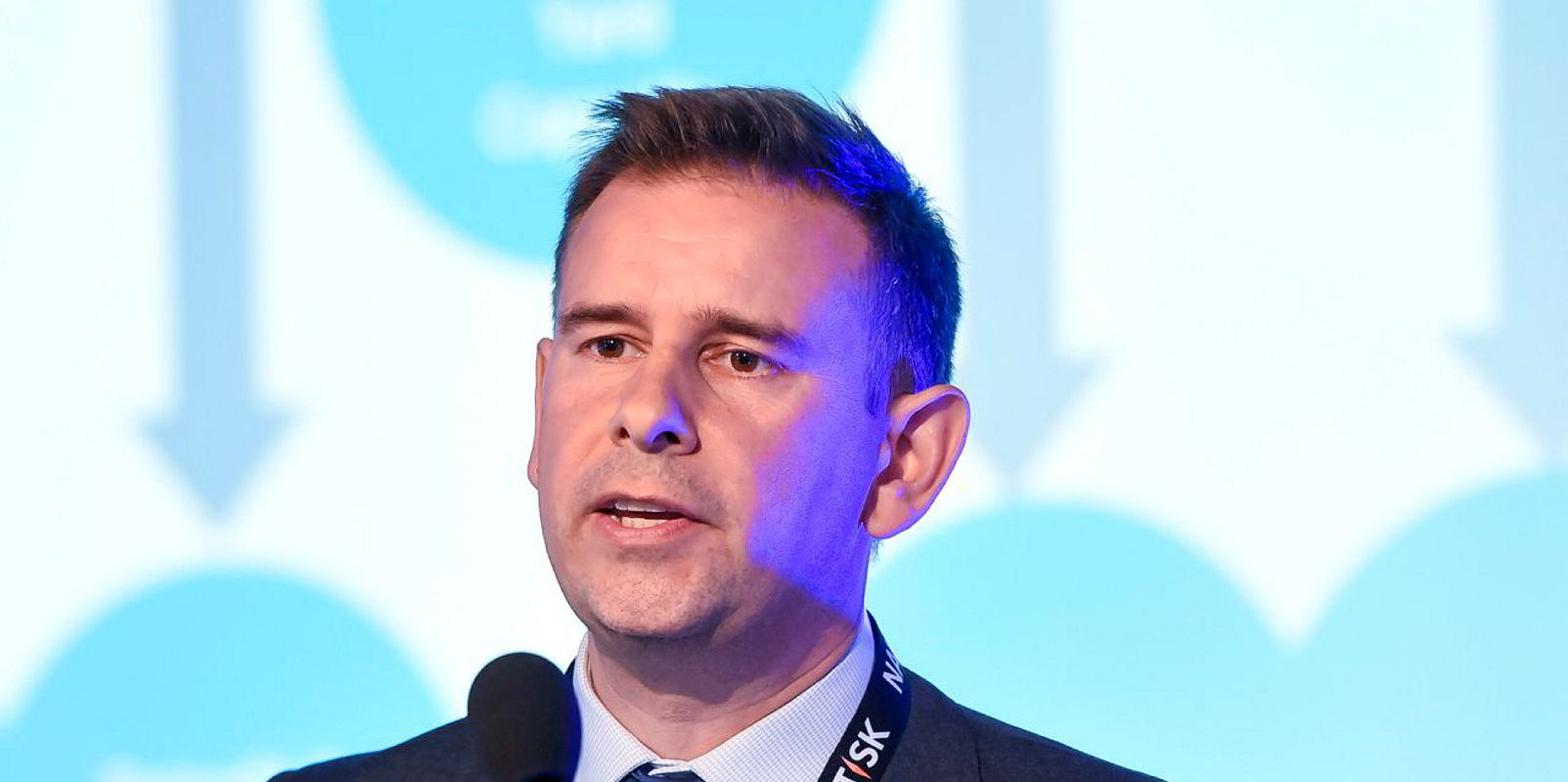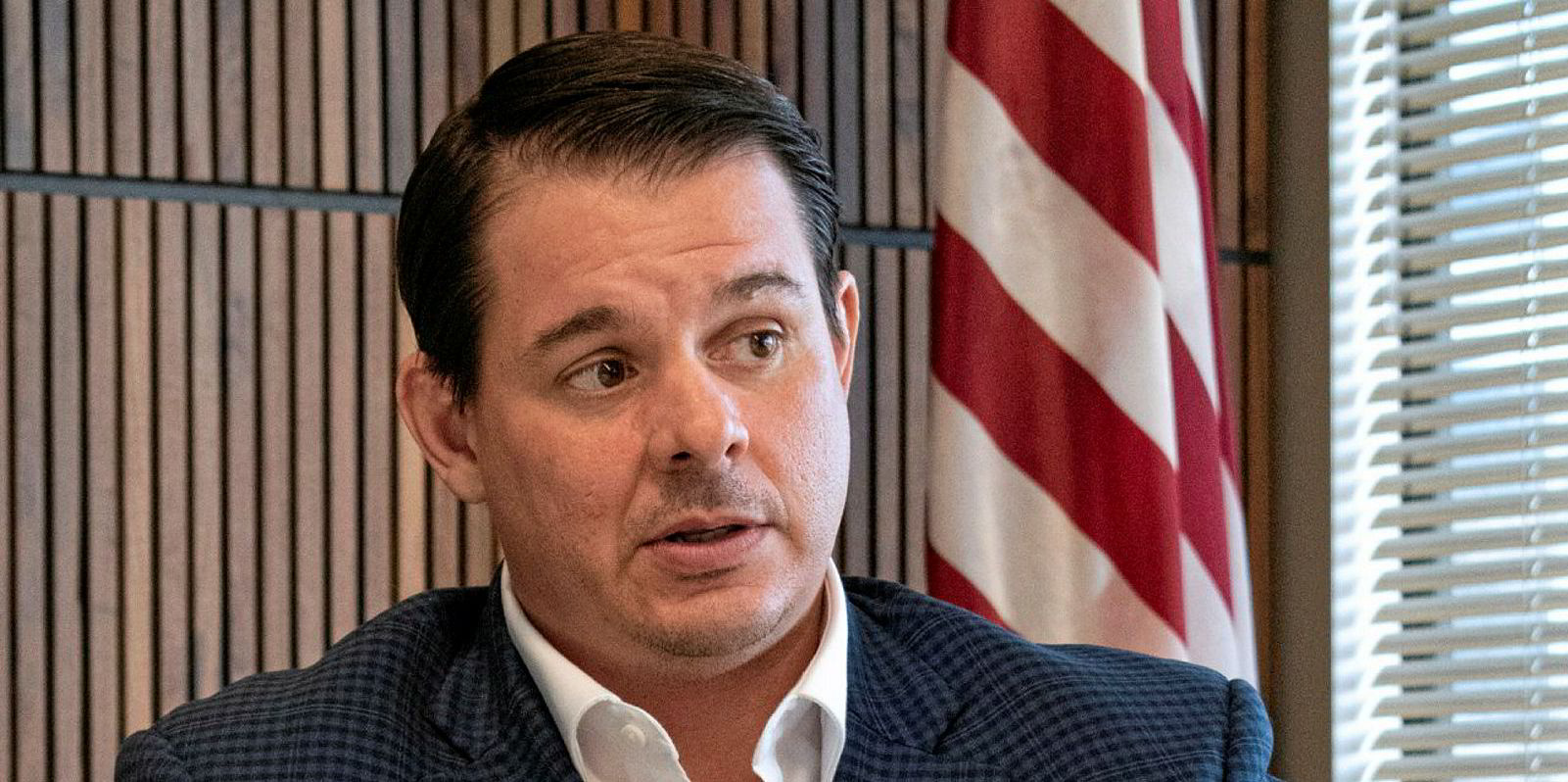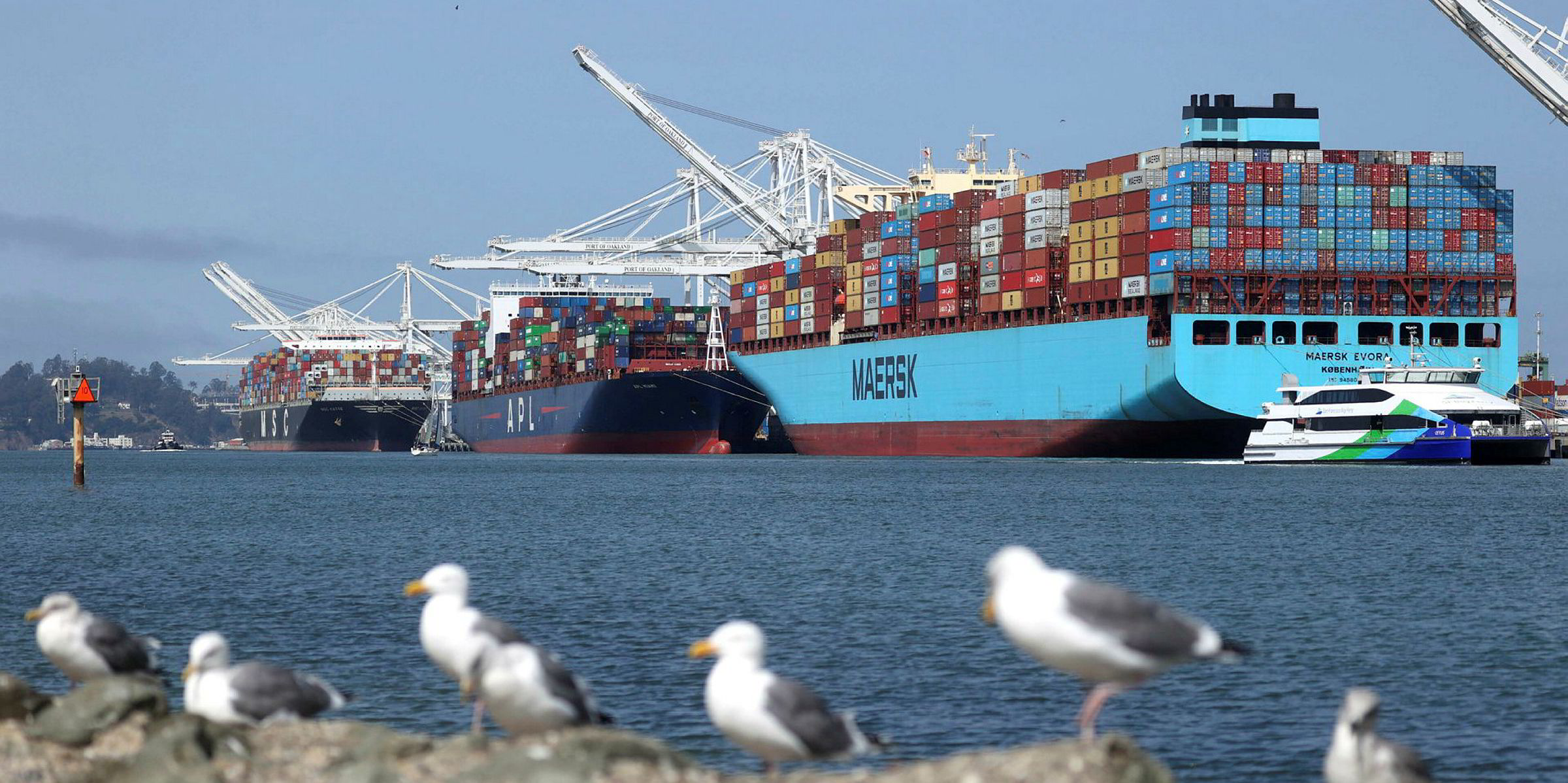Clarksons Research has calculated that shipping emissions continue to fall, while nearly a third of listed shipowners are reporting emissions data.
Previewing the UK company's latest fuelling transition report, managing director Stephen Gordon said shipping will account for 2.3% of global emissions in 2020 — a total of 800m tonnes of CO2.
Gordon added that shipping remains the most CO2 efficient mode of transport, three times better than rail and nine times better than trucks.
The industry has reduced emissions by about 18% since 2008, mainly via slower speed and partly through new "eco" ships, the researcher added.
"Further radical reduction is one of the most important challenges for stakeholders across maritime," he said.
For the report Clarksons Research, the analysis division of broking giant Clarksons, has carried out a survey of the 240 stock exchange-listed shipping companies in its database.
The company found that 76 — or nearly 32% — were reporting total CO2 emissions in tonnes.
Another 37 owners were reporting SOx emissions and 35 were detailing NOx emissions.
Clarksons Research has further expanded its framework for understanding individual ship emissions, Gordon explained.
"Initially this is theoretical and based around the assumptions on vessel specification, trading patterns, voyages and fuel consumption that we use for our long-standing time-charter equivalent earnings calculations," he said.
This allows the company to allocate a theoretical CO2 emissions value to every ship in the main fleet.
For a modern eco-capesize without a scrubber, this is 82 tonnes per day, or 87 tonnes of CO2 for one with a scrubber.
However, an older capesize pumps out 108 tonnes per day.
A new LNG-fuelled capesize will produce just 57 tonnes a day, the company said.
Capesizes are emitting 3% less CO2 since 2016, with the fleet responsible for 140,000 tonnes per day, or 0.1% of all emissions globally.
The reduction in emissions for VLCCs is 5% since 2016, the company said.
"In reality, there is a huge variation in individual vessel trading patterns, management efficiency and specification," Gordon said.
Clarksons admitted its calculations are far from perfect, but hopes they will prove useful as more "real" data becomes available.
The company compared its benchmark figures to the totals cited by 10 reporting companies listed on the US and Oslo exchanges.
"Allowing for vessels that were out of service, all came within 15%," said Gordon.
"We found some companies operated vessels at slightly slower speeds on average (emissions are very sensitive to speed) and that owners with ultra modern fleets outperformed our eco benchmarks."
Clarksons Research said the uncertainty around regulation, policies, timing and technology remain.
"It seems that the green transition, along with technology, will form a key part of post Covid-19 planning," Gordon concluded.







